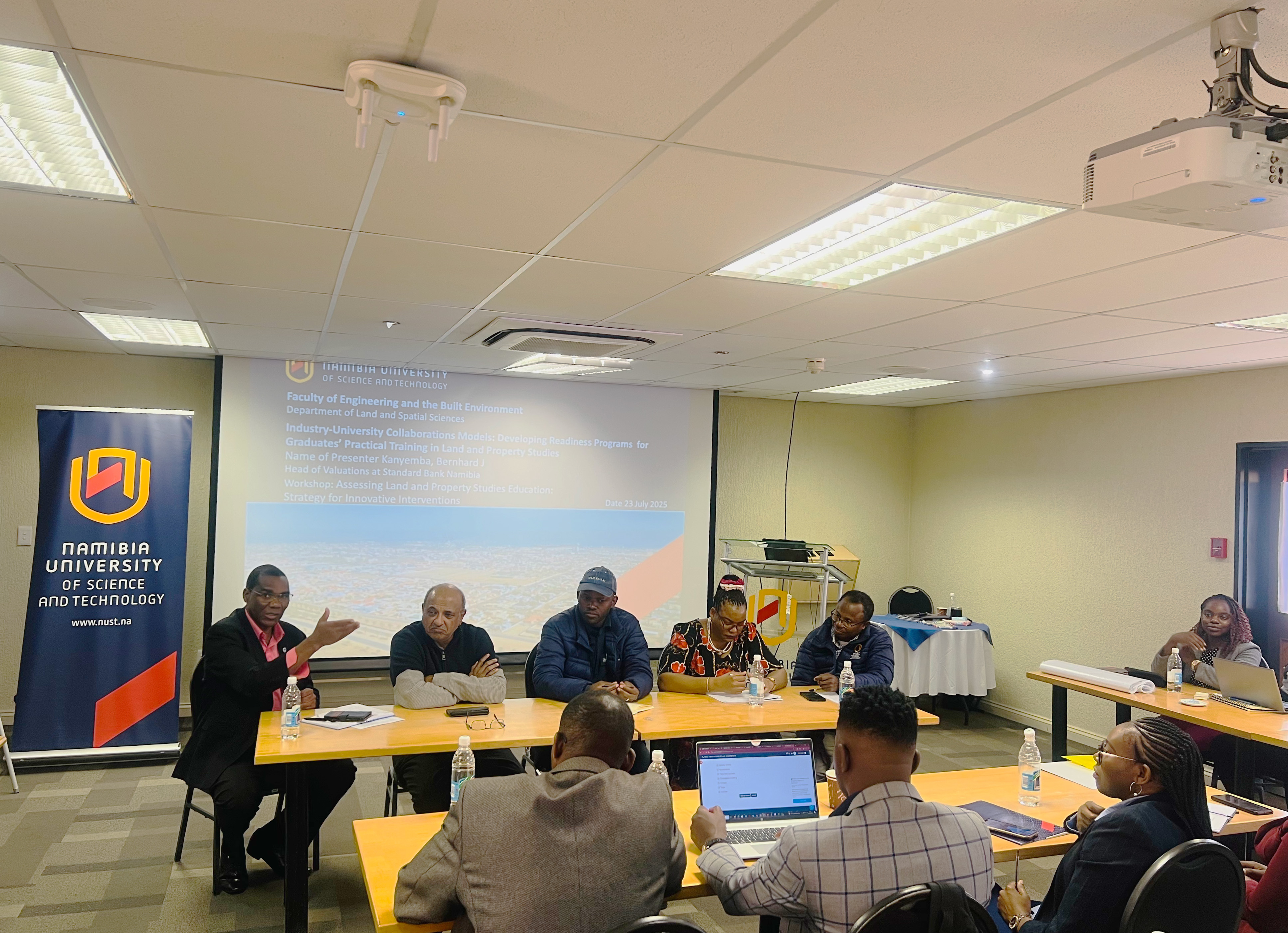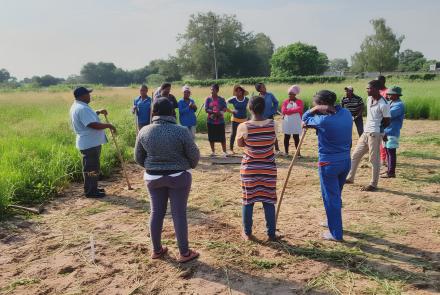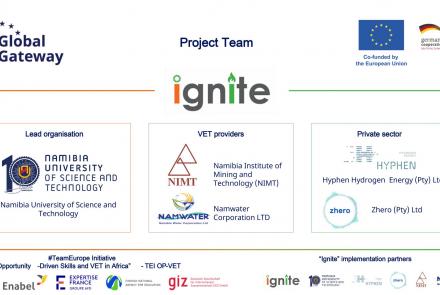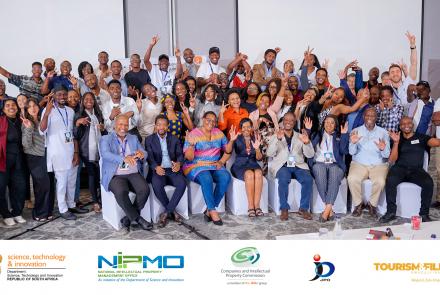Shaping the Future of Land and Property Studies
A research team from the Faculty of Engineering and the Built Environment (FEBE) hosted a Stakeholder Engagement Workshop as part of a data collection exercise for a study on “Assessing Land and Property Studies Education: A Strategy for Innovative Interventions.” The event brought together stakeholders from academia, government, industry, and professional bodies.
The workshop formed part of a data collection exercise to assess NUST’s collaboration with industry in academic programmes, with the aim to identify gaps and propose actionable solutions for implementing the property studies curriculum. “This collaboration is not merely beneficial; it is essential. Industry provides the real-world context, practical challenges, and immediate needs that give academic research its relevance and urgency. Meanwhile, academia brings rigorous methodology, theoretical frameworks, and the capacity for deep analysis that transforms industry challenges into lasting solutions. In the realm of property studies education, this partnership becomes even more critical. Our students must not only understand theoretical concepts but also be equipped with practical skills,” remarked Prof Harmony Musiyarira, Executive Dean of FEBE during his welcoming remarks.
Other discussions revolved around curriculum development, technology adoption, industry expectations, and quality assurance. Among the challenges noted were budget constraints, skill gaps in digital tools, and inclusivity. The workshop also uncovered valuable opportunities, including expanded WIL, industry-funded research hubs, and the integration of digital platforms in teaching and learning. “Key presentations were presented on the evolution of property studies education, providing an overview of the transformative journey of the programme from its initial set-up in 1999, through collaborative measures with the Ministry of Lands, Resettlement and Rehabilitation that time,” said Menare Royal Mabakeng, the project coordinator.






